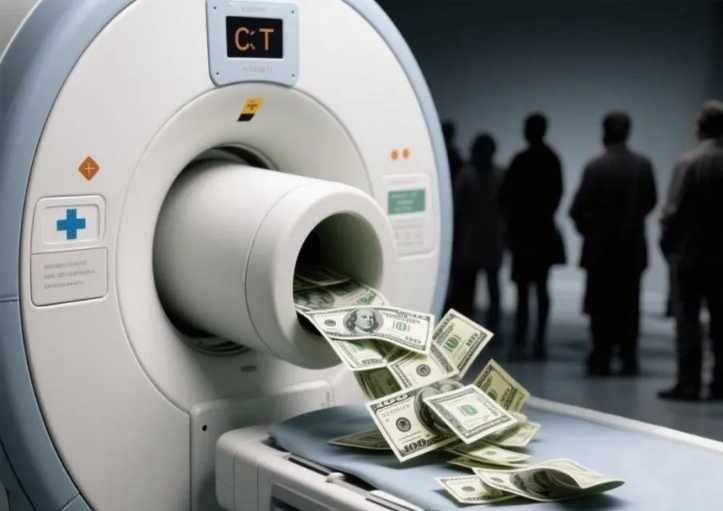Search for information
New Research Sounds Alarm on Excessive CT Scan Use in the USNew Research Sounds Alarm on Excessive CT Scan Use in the US
April 23, 2025, 5:14 pm EDT
New Research Sounds Alarm on Excessive CT Scan Use in the US

Source: Images from the Internet, if there is any infringement, please contact the removal of

Smart Cities: The Future of Urban Living in 2045
Smart Cities: The Future of Urban Living in 2045more

Lake MacDonnell: From Dreamy Pink Paradise to Disappointing Reality?
Lake MacDonnell: From Dreamy Pink Paradise to Disappointing Reality?more

Australia's Groundbreaking Medical Advance in Treating Arthritis
Australia's Groundbreaking Medical Advance in Treating Arthritismore

Singapore's Intangible Cultural Heritage on UNESCO Lists
Singapore's Intangible Cultural Heritage on UNESCO Listsmore

Yemen's Intangible Cultural Heritage on UNESCO Lists
Yemen's Intangible Cultural Heritage on UNESCO Listsmore

North America's 50 Best Bars 2025 Reveals Inaugural 51 - 100 Ranking
North America's 50 Best Bars 2025 Reveals Inaugural 51 - 100 Rankingmore

Oman's Intangible Cultural Heritage on UNESCO Lists and an Outstanding Practice
Oman's Intangible Cultural Heritage on UNESCO Lists and an Outstanding Practicemore

GITEX Africa 2025: Illuminating the Future of Technology and Healthcare in Africa
GITEX Africa 2025: Illuminating the Future of Technology and Healthcare in Africamore

